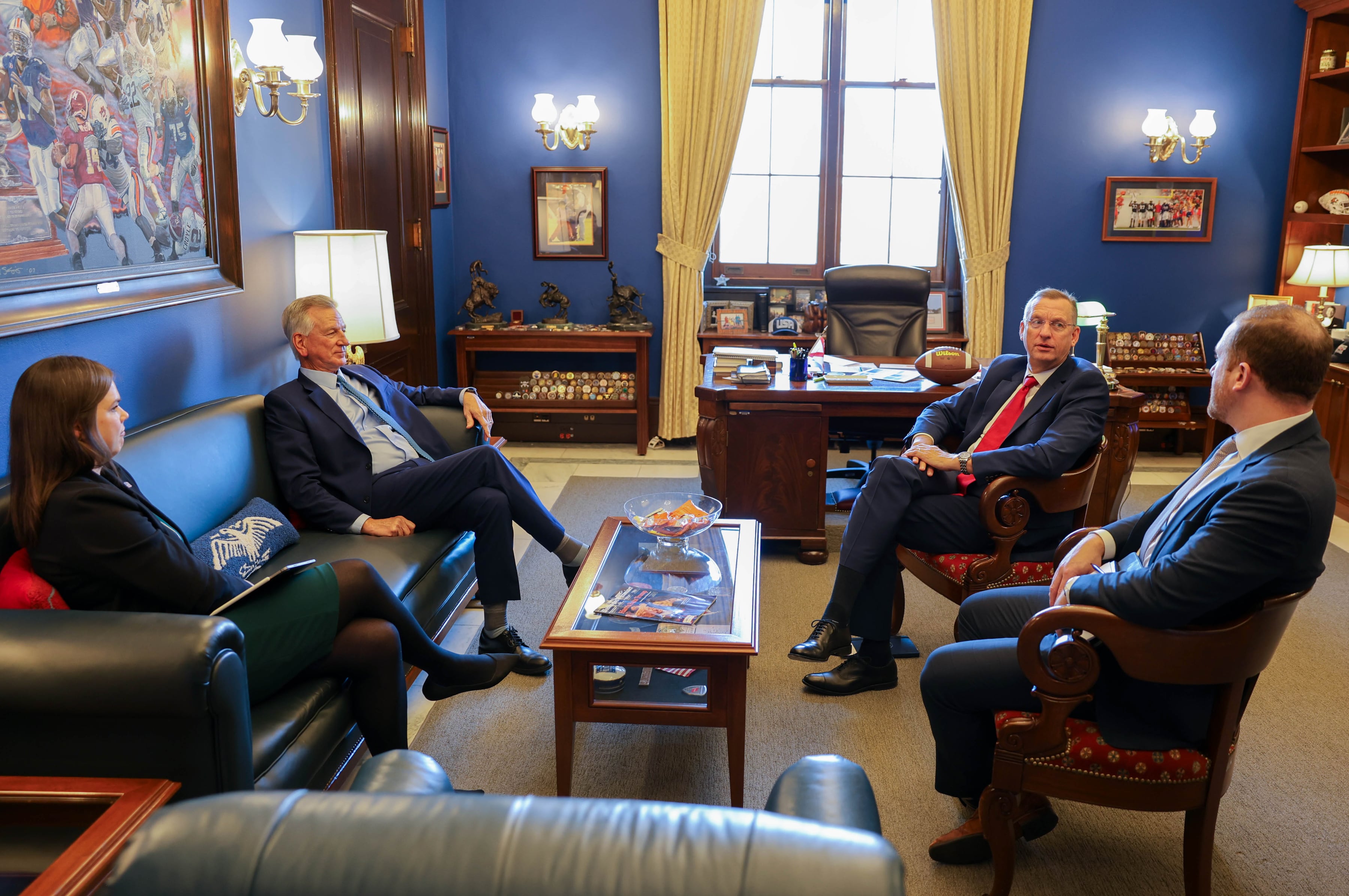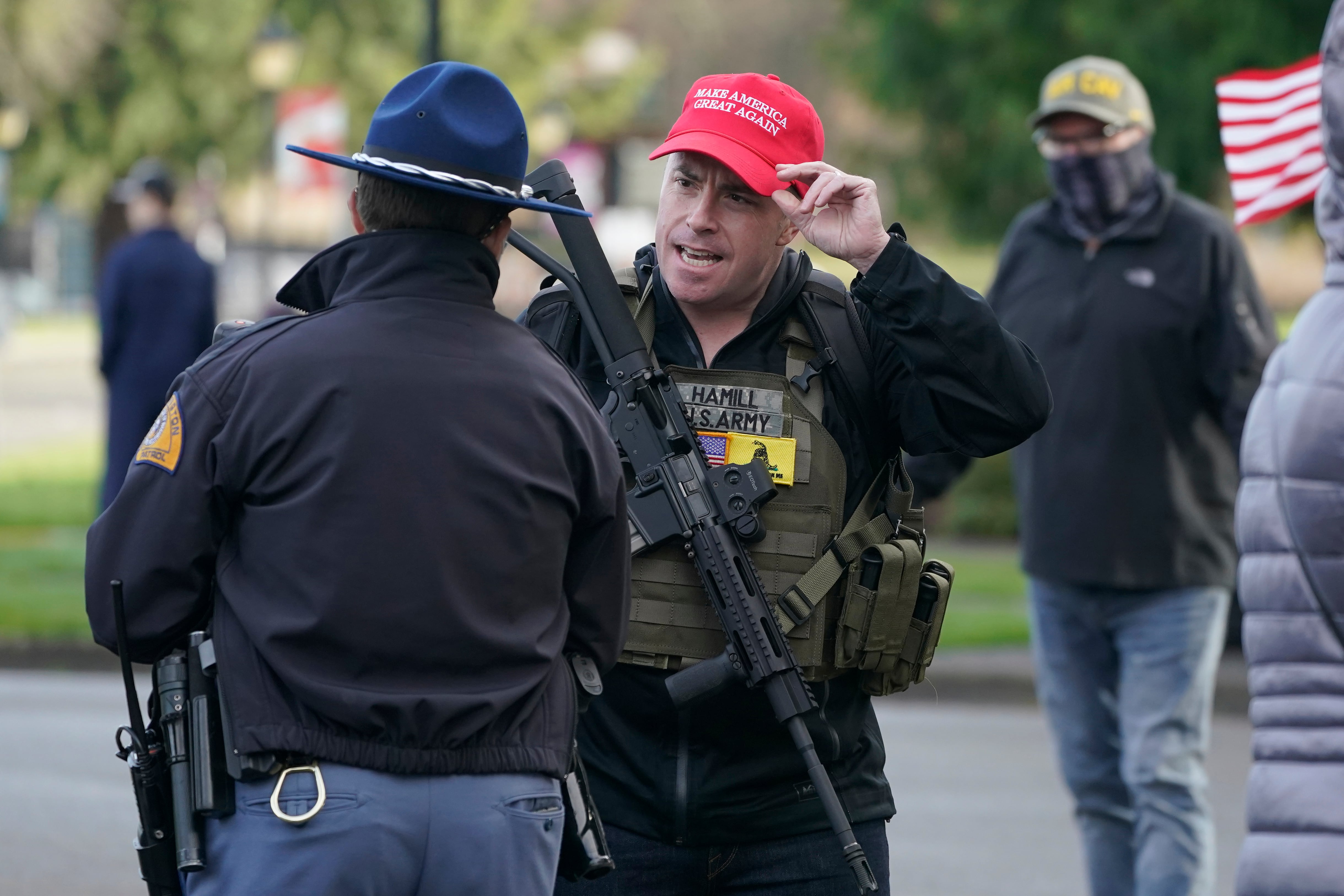WASHINGTON — The Trump administration has officially cleared the potential sale of F-16 fighters to Taiwan, a move expected to infuriate China but embraced by the U.S. Congress.
The potential sale, worth an estimated $8 billion, was posted on the website of the Defense Security Cooperation Agency late Tuesday afternoon.
The sale must still be OK’d by Congress; however, there has been widespread, bipartisan support for the sale on Capitol Hill — support that appears to have helped move the sale along when it stalled within the administration.
The fighter jet sale had been in limbo, as the White House directed Secretary of State Mike Pompeo to hold off, congressional sources said last week. That fueled speculation that President Donald Trump planned to use it as a bargaining chip in ongoing trade negotiations with China. The move had been sought by Taiwanese President Tsai Ing-wen as part of a larger drive to combine American arms with domestically developed training jets, submarines and other weapons technology.
Washington negotiated the sale with Taipei over several years, leaning on leaders of the island nation to devote a significant part of its budget to purchase the fighter jets. Lawmakers were concerned a reversal by Trump would look bad for Tsai, whose government proposed increasing the total national defense budget by 5.2 percent in 2020 and is running for reelection.
The U.S. is Taiwan’s main supplier of defensive weapons, despite the lack of formal diplomatic ties. However Beijing considers self-governing Taiwan part of China, to be annexed by force if necessary ― and it has objected to past U.S. arms sales to Taiwan.
In July, the U.S. approved the potential sale of 108 M1A2T Abrams tanks, stinger missiles and other equipment, with an estimated price tag exceeding $2 billion.
As with all foreign military sales notifications, final dollar figures and the number of systems can change between notification and final sale.
Aaron Mehta was deputy editor and senior Pentagon correspondent for Defense News, covering policy, strategy and acquisition at the highest levels of the Defense Department and its international partners.
Joe Gould was the senior Pentagon reporter for Defense News, covering the intersection of national security policy, politics and the defense industry. He had previously served as Congress reporter.





